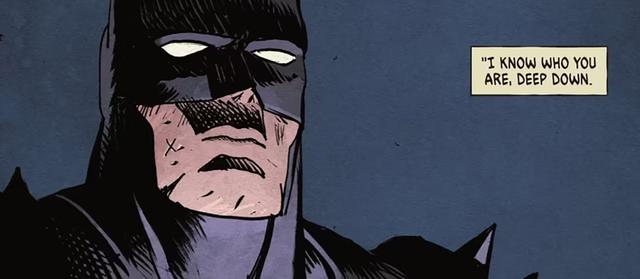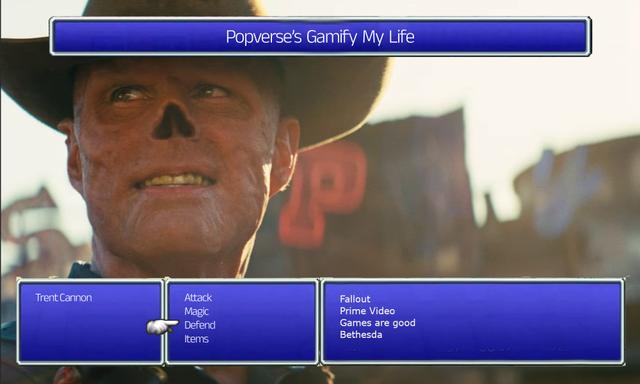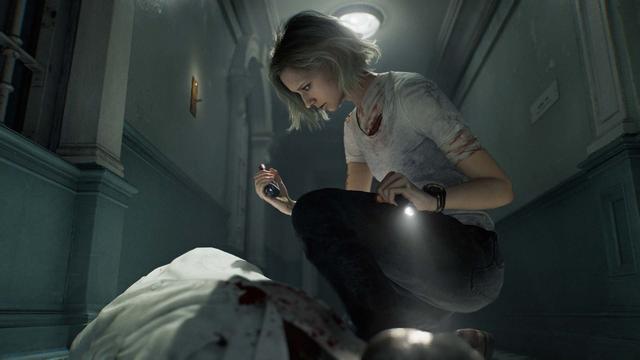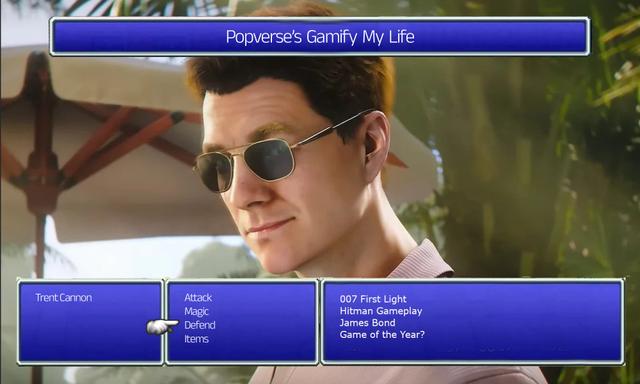If you click on a link and make a purchase we may receive a small commission. Read our editorial policy.
Ryan Coogler's creator-owned deal with Warner Bros. for Sinners wasn't the first, but the studio blames "sore loserism" for the news being spun the way it was
Warner Bros. regrets over losing Quentin Tarantino's Once Upon A Time In Hollywood helped lead them to signing Ryan Coogler's Sinners in its unique creator-owned deal

Popverse's top stories
- DC Comics revamps Teen Titans with Red Hood leading a new generation of heroes
- Why anime can't resist the allure of the isekai
- If you’re starting Daredevil, here’s why Born Again matters
Sinners has become one of the most talked about movies of the year for multiple reasons. As of this writing, the Ryan Coogler directed film has grossed $278 million at the United States box office, outgrossing every MCU film released in 2025. The horror film has resonated with audiences for its unique take on the vampire genre, and the way it tackles racial themes.Hollywood trades reported that Ryan Coogler had worked out a deal with Warner Bros. where the rights to the film revert back to him after 25 years.
Some criticized Warner Bros. for the move, saying the studio was throwing away money by not holding on the rights in perpetuity. Other articles took a more alarmist tone, saying that the move, while not the first, could destabilize the entire film industry by emboldening directors and creating an environment where studios own nothing. Warner Bros. co-chairs Mike De Luca and Pam Abdy stand by the deal, saying that it was in the best interest of the studio.
According to De Luca and Abdy, the deal they made with Coogler, and a similar deal with Weapons director Zach Cregger, were not decisions taken lightly.
“We go picture by picture,” Mike De Luca says during a Substack conversation with Frank Leonard. “We think each movie is different. Again, in the case of Ryan [Coogler] and Zach [Cregger], they were both bidding situations. The runner-up bidder, whether they admit it or not, was right there. The runner-up that loses never gets written about, but both projects, Sinners and Weapons, got to a point where our final offers and the offers of the people that were right below us are virtually indistinguishable.”
De Luca added that if WB hadn’t given Coogler the deal, another studio was in the wings ready to do it.
“The issue with Ryan and the reversion, we absolutely believed someone else was going to do it. We absolutely believed in Ryan's case, given the specifics of that movie and the themes of African American ownership, felt like it was specific to Ryan. He wasn't going to ask for it on every movie he does after. I thought he had very good reasons for asking for it for that movie. We felt someone else was going to do it, and if we didn't do it, we weren't going to get it.”
“As business people trying to protect the investment for our studio, do you want 100% of 0? Which is what Warner's got when they refused to give it to Tarantino for Once Upon a Time in Hollywood, and I don't think Tom Rothman resents or regrets having that movie in his library for 20 years. We did the calculus of we can either have no Ryan and no movie, or we can have 25 years of it, which is five years more than Quentin at Sony.”
“We can have 25 years of exploitation of this movie. We also did the math of, what is a movie worth after 25 years of exploitation in a library, and found that amount to be negligible in terms of should that make the decision of to have the deal or not.”
In addition to all that, De Luca and Adby loved the script, and knew WB should be the studio to bring it to life.
“When we read Sinners, I'll just be honest, we had to have it,” De Luca says. “We loved it, and we love Ryan. And if it was a chance to plant Ryan at our studio with this show of goodwill, and also, we were meeting the market, where the market was. It was competitive, someone else was going to do it, and we were just not prepared to lose that movie.”
“It's so funny when I read the articles where they described that as risky. This guy and Michael B. Jordan have generated billions of dollars of box office revenue. I collect comic books. I had Black Panther comics. I'm not saying it's not a great character. Black Panther is not a billion dollar movie because of the comic book Black Panther. Ryan Coogler is the IP behind Black Panther, the same as Greta Gerwig is the IP behind Barbie, with all due respect to Barbie. We believe the filmmakers of the IP. Ryan was a response to a competitive situation where we just decided we're going to prevail, and it's a righteous decision.”
“On Weapons, it was also a bidding situation, but Weapons was a much more traditional deal. Where Zach ended up with his fee for writing, producing, and directing, and it's a net back end. It was a way more traditional situation. It just became a bidding thing between us and one other party, and at the end of the day, we were able to make a case that he was better off with us.”
Pam Adby says it’s important to remember that Coogler’s deal isn’t the case for every movie.
“On a business level, the next day, we were asked for a reversion on a movie, and we said, nope, we're not doing it. And that movie is here. Like Mike said, it's not one size fits all,” Adby says.
De Luca believes that most of their critics are acting in bad faith when they say the deal will ruin the industry. “I mean, for all the pearl clutching over like, [mock concern voice] oh my god, this blows the precedent, and the industry is going to come crashing down,” De Luca says. “The precedent was reestablished the very next day. All these business affairs people whine about, oh, you're breaking precedent. I was the non-writing producer selling stuff for nine years before I became an executive at Sony briefly for 10 months. They break precedent whenever they feel like it, and then it's reestablished whenever they feel like it. The world didn't come to an end and would not come to an end.”
“We didn't ruin the business,” Adby adds.
“There is sore loserism,” De Luca continues. “Pam and I have never narced out a deal a competitor made that we lost a project for. Believe me, we and everybody in our jobs could. That deal was leaked in a vindictive way, and it was silly, because when we lose something we go, no harm, no foul. We lost it. It went the other way. But in that case, it gendered a particular amount of resentment, and it's unfortunate.”
“It made complete strategic sense to do everything under the sun possible to try and get Ryan Coogler, who is really brilliant and unique, to give him a reason to come back to Warner Brothers, and make his home at Warner Brothers. It was absolutely worth it, and hopefully, after he's done with Black Panther, he'll come back and make a lot of movies with us.”
Sinners is available to stream on HBO Max.
Want to know what's coming up next in pop culture? Check out Popverse's guides to:
Follow Popverse for upcoming event coverage and news
Find out how we conduct our review by reading our review policy
Let Popverse be your tour guide through the wilderness of pop culture
Sign in and let us help you find your new favorite thing.
















Comments
Want to join the discussion? Please activate your account first.
Visit Reedpop ID if you need to resend the confirmation email.